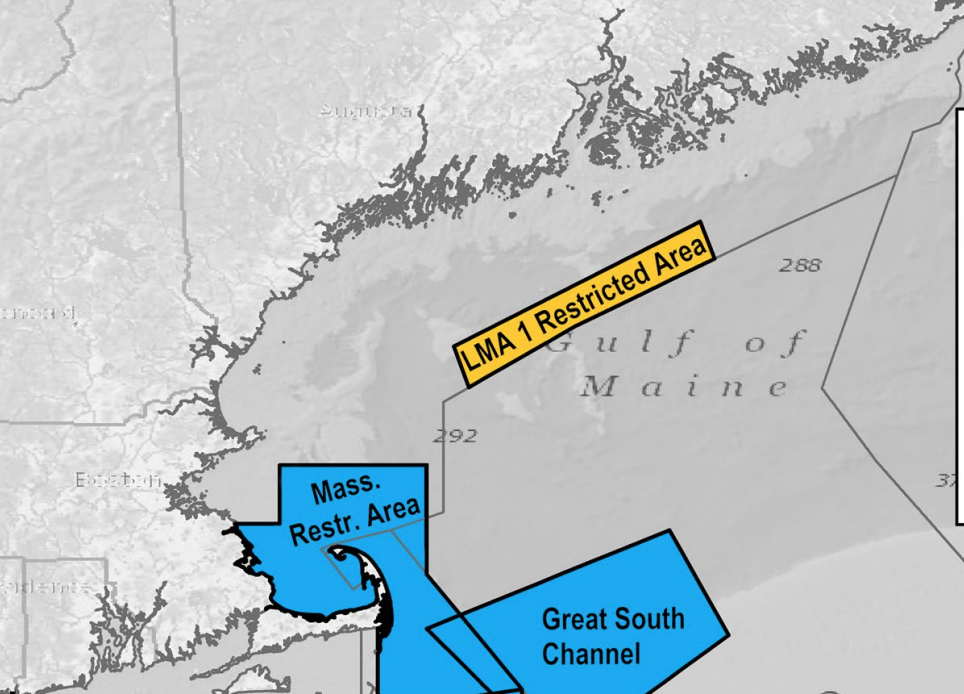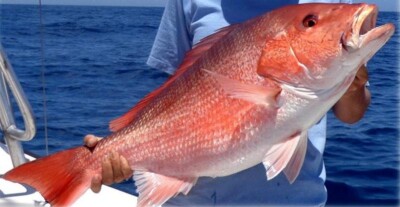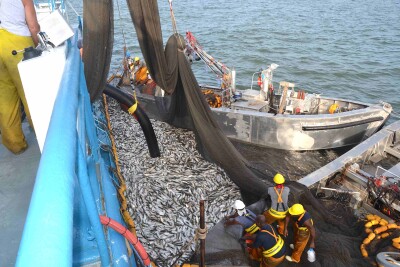A federal appeals court this week upheld a seasonal closure of 967 square miles to lobster fishing in the Gulf of Maine, holding that the National Marine Fisheries Service acted properly in its efforts to prevent potential entanglements of endangered right whales with vertical trap lines.
In November 2021 the First U.S. Circuit Court of Appeals in Boston stayed an injunction from the U.S. District Court in Maine that overturned the October-January restrictions on Lobster Management Area 1. The appeals court vacated that stay July 12, and sent the case back to District Court Judge Lance Walker in Bangor for reconsideration.
In October Walker had issued an injunction to delay the LMA 1 closure, granting a request from the Maine Lobstering Union. In blocking that delay Circuit Judge William J. Kayatta Jr. writing for the appeals stated “the lower court misapprehended the record and over-stepped its role in rejecting the judgements of the agency that Congress has charged with protecting marine mammals.
“And, while there are serious stakes on both sides, Congress has placed its thumb on the scales for whales.”
The appeals court gave the lobstermen and NMFS more time to present their arguments over the closure. But in the new order Kayatta said the appeals judges see the lobstermen are unlikely to prevail.
“Even with more time and a target to attack, plaintiffs have failed to give us any reason to alter our initial analysis. We therefore vacate the preliminary injunction and remand (to the lower court) for further proceedings,” the judge wrote.
In a joint statement, Maine Gov. Janet Mills and the state Congressional delegation decried the appeals court decision:
“Once again, Maine’s lobstermen have been unfairly targeted by a misguided court decision. Today’s ruling fails to acknowledge the substantial steps that Maine’s lobster industry has already taken to comply with gear change rules to protect the North Atlantic right whale. We are deeply disappointed and will continue to strongly advocate for our state’s lobster industry.”
State officials and lobster industry advocates say federal decisions on right whale protection don’t take into account how the fishery has already changed to reduce entanglement danger. Much of the legal fight over LMA 1 has focused on whether the rectangular areas 30 miles offshore is truly a hotspot for right whales as NMFS says.
A potentially bigger threat to the lobster fleet emerged from the federal courts last week, when U.S. District Court Judge James Boasberg in Washington, D.C., ruled that NMFS’ latest efforts to protect right whales don’t do enough.
Boasberg ruled in favor of environmental groups that say the agency’s rulemaking still leaves the odds of right whale mortality high enough to further advance the path to extinction for a population now estimated at just around 345 animals.
While Boasberg said he won’t order a fishery closure, he set a July 22 date for a new status hearing to begin considering additional remedies in the case.







